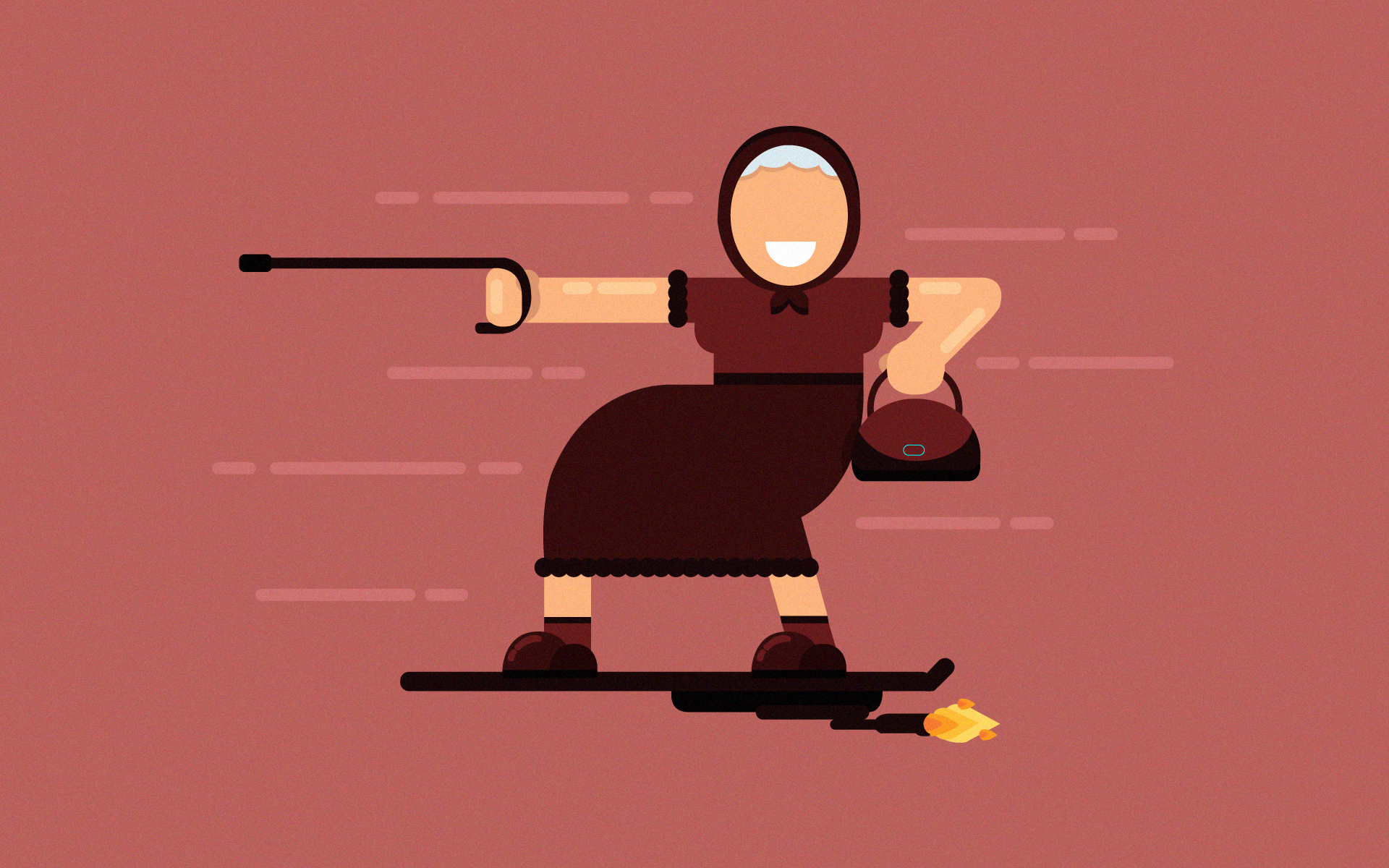When your work life ends, an entirely new life begins. We find out what can you do to boost your happiness, stay stimulated and continue thriving.
When you think about retirement, two things usually spring to mind: one is the pile of fun you’ll have when you finally don’t have to go to work; and the other is the pile of money you’ll have to ensure that your money doesn’t run out before you do.
Money, of course, is a huge part of preparing for your retirement. Speak to any retirement adviser and they’ll start talking about investment returns, time horizons, multiples of annual salary, and underlying assets. You’ll worry about the money because you need to worry about the money– but don’t let it draw all your attention away from what you’ll actually be doing during your retirement years.
Three phases of retirement
Broadly speaking, retirement comes in three phases. Your early retirement is a time of travel, hobbies and adventure; middle retirement is all about socialising, staying busy and relaxing; and later retirement is when your health starts failing and you wind down your days at home.
What you get out of those three phases depends largely on what you take into them. Megan Kaye, Kenneth Schultz and Mike Annesley, authors of Happy Retirement: The Psychology of Reinvention, explain that: “The quality of your retirement may depend, in part, on your existing circumstances: any unresolved life issues will probably remain difficult, and may be magnified once the distraction of work has gone. It will also depend on your attitude and, in particular, the enthusiasm, energy, and resourcefulness you’re able to channel into shaping a new life for yourself.”
An important part of retirement planning, then, is to think about how you’ll spend your time – and whom you’ll spend it with! – once you’ve left the office for the last time.
What to do
According to a recent study published in the Journal of Financial Planning, passive activities are the worst ways to spend your time as a new retiree. So if you’re staying at home or watching television all day long, you’re unlikely to generate much happiness. More active activities, such as walking, volunteering and socialising, were linked with the highest levels of happiness among retirees.
A 2018 University of Queensland study backed this up with what the researchers called the Social Identity Model of Identity Change (SIMIC). SIMIC sees relationships as being psychological resources – so the more groups you belong to, the more likely you are to have access to the support you need to adjust to major life changes.
As the study authors noted, “Specific to the context of retirement, people are typically faced with managing a significant transition from seeing themselves (and behaving) as an employee and identifying with other workers in an organisation or profession, to seeing themselves (and behaving) in other ways through their identification either with existing groups in their social network (e.g., as a member of a family, a local community, a particular interest group) or with new group memberships that may develop (e.g., with groups of retirees, volunteers, older people).”
Getting out and about won’t just add meaning to your life; it will also have the added benefit of stimulating your brain – an essential consideration for people who are no longer forcing it to work for eight hours every day. According to a long-term British study published in the European Journal of Epidemiology in 2017, a person’s short-term memory declines almost 40% faster once they stop working. Lack of regular stimulation, the researchers say, has a significant impact on cognitive function, and accelerates memory loss and dementia.
“We know the more cognitively active you are, the more it offsets the risk of dementia,” organisational psychology professor Cary Cooper told The Telegraph. “I’m not talking about doing Sudoku, but doing something completely different from your job – so if you worked in the civil service all your life, why not go and help out in a hospital or teach? The most important thing is to interact with people.”
The bottom line? Stay social. Join local clubs or groups. Volunteer. When you put your feet up at the end of the day, it will feel so much more worthwhile.

Leave a Reply